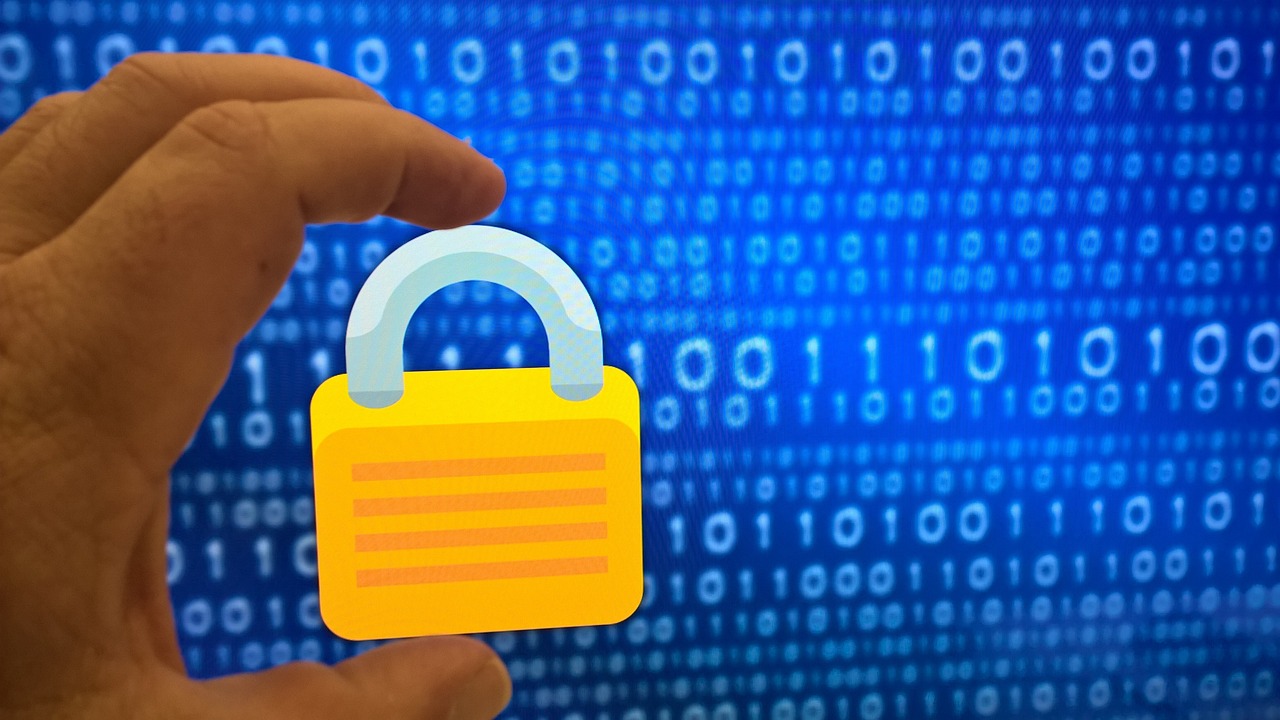Best Password Managers for Maximum Security and Convenience

Password managers are a great way to keep your information safe and secure. Not only do they help you create strong passwords, but they also store all of your other important information in one place so you can access it easily. Besides being convenient, password managers also offer several security benefits. They help to protect your account against unauthorized access, and they can even alert you if someone tries to hack into your account. So which password manager is the best for you? In this article, we’ll take a look at some of the best options available on the market today.
What is a password manager?

As electronic devices move increasingly into our lives, so too do the data and passwords that keep us connected. But with all the different accounts and passwords we need to remember, it can be hard to keep track of them all—especially if we want to make sure they’re safe. That’s where a password manager comes in.
A password manager is a software program that helps you create and store secure passwords for all of your online accounts. It remembers your login details for popular websites and stores them in one place, so you never have to remember multiple passwords again.
There are dozens of different password managers available on the market, each with its own unique features and advantages. We’ve put together a list of the best ones based on our personal experience and reviews from other experts. Whether you’re looking for something simple to use or something with more features, we think you’ll find one that fits your needs.
Types of password managers
There are basically three types of password managers: desktop, mobile, and cloud-based.
Desktop-based password managers store your passwords in a secure location on your computer desktop. They typically require you to enter your master password to access the encrypted files, which makes them more secure than other types of password managers. Desktop-based password managers can be useful if you want to keep your passwords confidential and don’t want to use a mobile app or cloud-based service.
Mobile-based password managers store your passwords in a secured location on your smartphone or tablet. They typically allow you to automatically log into websites and applications with your master password or fingerprint scan. Mobile-based password managers are convenient because they allow you to access your passwords anywhere there is an internet connection. However, they may not be as secure as desktop-based password managers because they are less likely to be protected by security measures such as a master password or fingerprint scan.
Cloud-based password manager services store your passwords in a secure cloud storage service. They usually allow you to access your passwords from any device that has internet access. A few popular cloud-based password manager services include 1Password and LastPass. Cloud-based services are convenient because you can manage all of your passwords from one place, but they may not be as secure as desktop-based or mobile-based password management systems because they rely on third party servers for storage rather than storing the passwords locally on the device.
Here the list of 5 passwords managers:
- LastPass
- 1Password
- Dashlane
- Bitwarden
- Keeper Security
What features should a password manager have?
A password manager is a software program that helps you generate and remember passwords for websites and other online services. Some of the features that a password manager should have include:
-Generation of strong passwords: A good password manager will create strong passwords that are difficult to guess, including combinations of letters, numbers, and symbols.
-Password protection: A password manager will automatically protect your passwords by encrypting them before storing them on the device.
-Automatic login: A password manager will also help you automatically log in to websites and other online services without having to remember your passwords.
-Syncibility: A password manager should be able to sync between devices so that all your passwords are always stored securely.
How to choose the best password manager for you
There are many different password managers on the market, and it can be difficult to decide which one is best for you. Here are some tips to help you choose the right password manager:
1. Consider your needs. Do you want a password manager that can help you create strong passwords or one that can store all of your passwords for you?
2. Choose a password manager that is easy to use. Make sure the software is easy to navigate and has features that make it easy to create and remember passwords.
3. Think about security measures. Make sure the password manager has features like Two-factor authentication (2FA) so that your passwords are more secure.
4. Consider price and availability. Price is important, but make sure the price isn’t too high or too low – you don’t want to spend too much money on a product that doesn’t meet your needs. Also, look for apassword manager that is available in as many countries as possible – this will ensure greater convenience when using the software abroad.
How to use a password manager
There is no single answer to this question as the best password manager for someone will vary depending on their personal needs and preferences. However, below are some general tips that can help you choose the perfect password manager for your needs.
First and foremost, you need to decide what you want your password manager to do. Some managers offer features such as generating strong passwords, encrypting passwords, tracking changes to passwords, and even sending alerts when a user gains or loses access to their accounts.
Once you have decided what features are important to you, it is time to look into the different types of managers available on the market. There are desktop managers like 1Password and LastPass, mobile management apps like iCloud Keychain and KeepassxT, browser extensions like LastPass Fill in forms automatically, and standalone hardware devices like SafeEdge which store passwords offline.
Once you have narrowed down your selection, it is time to consider how much storage space each manager requires and how easy it is to use. Desktop managers like 1Password require a subscription fee but offer unlimited storage space for all users. Mobile management apps like iCloud Keychain only require a few MB of storage per user and allow users to sync passwords between devices. Browser extensions like LastPass Fill in forms automatically can be installed on most browsers without any extra software installations required. Standalone hardware devices like SafeEdge require an internet connection but offer more secure storage options than mobile management apps or browser extensions because they do not store passwords online.
Finally, it is important to choose a password manager that is compatible with your needs and preferences. Some users prefer to create strong passwords and store them in the manager, while others prefer to have the manager generate passwords for them. Some managers are designed for single user use only, while others allow multiple users to access the same account. It is important to research which password manager is best suited for your needs before making a purchase.
Conclusion
Password managers are a great way to keep your passwords safe and easily accessible, while also gaining the convenience of not having to remember multiple passwords. If you’re looking for a password manager that can keep track of all your online accounts, our top pick is LastPass. Other great options include 1Password and KeePassX.
